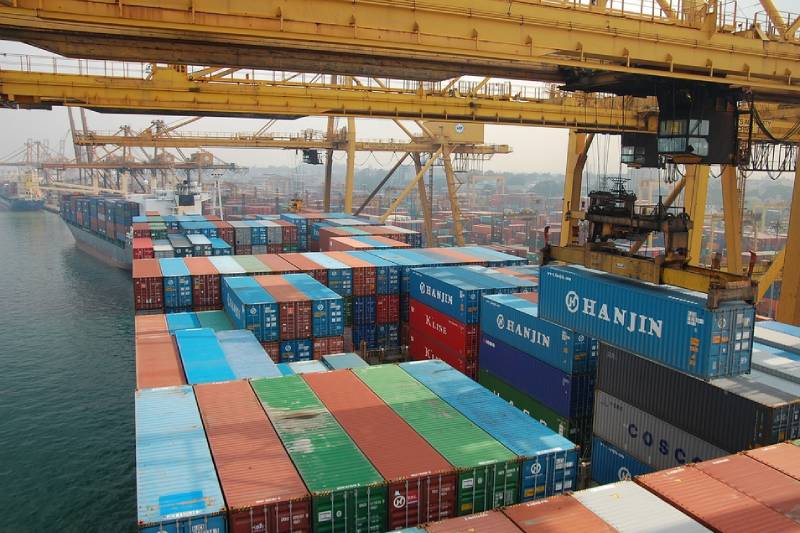Although the Sri Lankan political leaders presented ‘many visions ‘since independence, the country has fallen behind in the Global Prosperity Index. Hence, all visions have failed, business leaders said.
The sectoral strategies related to the economy have no cohesive force for value development and the next president and the government, they added.
The country has never had a well-aligned national economic policy while the various policies are not aligned in one direction. The current National Export Strategy is only a micro strategy.
Out of the 22 million people in the country, only 8.4 million people are economically active. Out of this number, 1.1 million are employed in the government sector, while the 3.4 million in the private sector are the real value creators engaged in 22,400 enterprises.
The country cannot create exporters unless entrepreneurs are created they said adding that the economy of Sri Lanka is a consumption economy and not a manufacturing economy.
While other countries are engaged in hi-tech manufacturing sectors, Sri Lanka has 1.1 million three-wheeler drivers, they pointed out.
While the country earns US $ 1.5 billion through the export of the main plantation crop (tea), the country spends US $ 1.1 billion for the import of pharmaceuticals.
This shows the need to support indigenous entrepreneurs to engage in import substitution and also to embark on exports.
The current 1 percent of entrepreneurs in the country needs to be increased to at least 2-5 percent through the adoption of desirable national economic policies.
The country has valuable resource endowments including oil and gas deposits, coupled with a strategic location. However, no political leadership is provided to make use of these, they said.
(LI)

